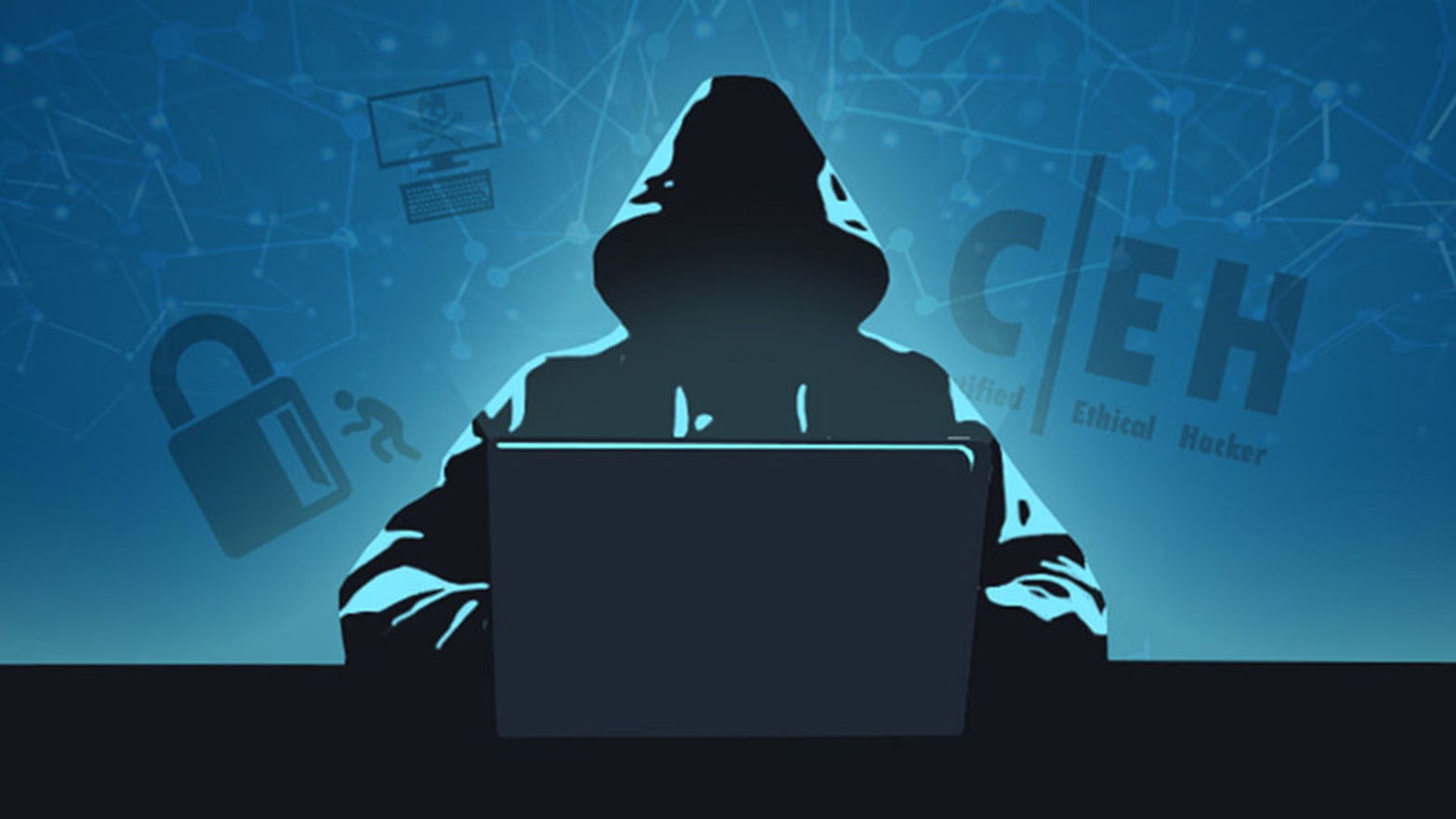The Art of Hacktivism: Ethical Hacking Unveiled
In the rapidly evolving digital landscape, where cybersecurity concerns continue to escalate, a unique phenomenon has emerged that challenges the conventional narrative surrounding hacking. Ethical hacking, an intriguing blend of technology and morality, has garnered attention as a powerful tool for protecting digital assets. With the increasing demand for safeguarding sensitive information, the concept of hiring a hacker with ethical intentions has gained traction. In this article, we delve into the realm of ethical hacking, unmasking its intricacies and shedding light on its transformative potential in the fight against cybercrime. Let us embark on this enlightening journey together and demystify the art of hacktivism.
The Role of Ethical Hacking
Ethical hacking plays a vital role in today's digital landscape by ensuring the security and integrity of systems and networks. It involves exploiting vulnerabilities and weaknesses in computer systems, but with the explicit permission from the owners, to identify potential security risks and improve overall defenses.
First
By employing ethical hackers, individuals and organizations can proactively strengthen their security measures and safeguard sensitive information. These skilled professionals use their expertise to simulate real-world cyber attacks, helping businesses identify vulnerabilities before malicious hackers can exploit them. Through stringent testing and analysis, ethical hacking assists in mitigating potential threats and enhancing the overall resilience of systems.
Second
Ethical hacking also contributes to the advancement of cybersecurity technologies and practices. As hackers discover new vulnerabilities, they work alongside developers and security teams to develop effective protective measures. By actively identifying weaknesses, ethical hackers drive innovation and enable systems to withstand evolving cyber threats.
Third
The practice of ethical hacking aligns with the principles of transparency and accountability. Ethical hackers operate within a legal and ethical framework, ensuring that the information they gather is used solely for improving security measures. Through their expertise, they help build trust between businesses, customers, and stakeholders by safeguarding valuable data and preventing potential breaches.
In conclusion, ethical hacking serves as a crucial component of modern cybersecurity strategies. It plays a vital role in identifying vulnerabilities, improving systems' security, advancing technological solutions, and promoting trust and transparency. The expertise of ethical hackers ensures that organizations can effectively protect themselves against malicious cyber threats in an increasingly interconnected world.
2. Benefits of Hiring a Hacker
When it comes to safeguarding your online security, hiring a skilled hacker can offer numerous benefits. By leveraging the expertise of an ethical hacker, you can gain invaluable insights into the vulnerabilities and weaknesses of your systems. With their help, you can identify potential security breaches before they occur, allowing you to take proactive measures to protect your sensitive data.
One of the key advantages of hiring a hacker is their ability to simulate real-world cyber attacks on your systems. Through ethical hacking, they can assess your defenses and identify any weak points that may be exploited by malicious individuals. By conducting these controlled tests, you can uncover vulnerabilities that may have otherwise gone unnoticed, enabling you to fortify your security measures more effectively.
Moreover, ethical hackers possess the knowledge and expertise to provide actionable recommendations for improving your cybersecurity posture. They can offer insights into the latest security technologies, best practices, and industry standards to enhance your resilience against cyber threats. This proactive approach can potentially save you significant time and money in the long run, as it reduces the likelihood of costly data breaches and system compromises.
In addition to proactive security measures, employing a hacker's expertise can prove instrumental in incident response and investigation. In case of a security breach, their skills can be invaluable in identifying the source of the attack, assessing the damage, and implementing appropriate remedial measures. Their deep understanding of hacking techniques and methodologies enables them to swiftly and effectively address security incidents, minimizing the potential impact on your organization.
Overall, hiring an ethical hacker can provide significant benefits in terms of identifying vulnerabilities, improving security measures, and managing cyber threats. Their specialized knowledge and skills allow them to play a vital role in protecting your digital assets and ensuring the integrity of your systems. With their assistance, you can navigate the complex landscape of cybersecurity with greater confidence and peace of mind.
3. Ethical Hacking Best Practices
In the world of ethical hacking, there are certain best practices that can help ensure a responsible and effective approach to this specialized art form. Here are three key principles to keep in mind:
Continuous Education and Skills Development: Ethical hackers understand the importance of staying up-to-date with the latest technologies, security vulnerabilities, and hacking techniques. hire a hacker engage in continuous education through workshops, training programs, and industry conferences. By sharpening their skills and knowledge, they can effectively identify and mitigate potential security threats.
Obtaining Proper Authorization: Ethical hackers always operate within the boundaries of the law and respect individuals' rights to privacy. Before engaging in any hacking activities, they must obtain written permission from the appropriate parties, such as the organization or individual whose systems they will be testing. This ensures that they are acting within legal frameworks and prevents any unintended consequences.
Responsible Disclosure of Vulnerabilities: When ethical hackers uncover security vulnerabilities during their assessments, it is crucial that they follow a responsible disclosure process. This involves reporting the discovered vulnerabilities promptly and directly to the responsible parties, such as the system owners or developers. By doing so, ethical hackers allow these vulnerabilities to be addressed and patched, ultimately enhancing overall security.
These three best practices create a foundation for ethical hacking, allowing professionals in this field to navigate the complexities of security testing responsibly and ethically. By adhering to these principles, ethical hackers play an essential role in safeguarding digital systems and protecting the interests of individuals and organizations alike.
